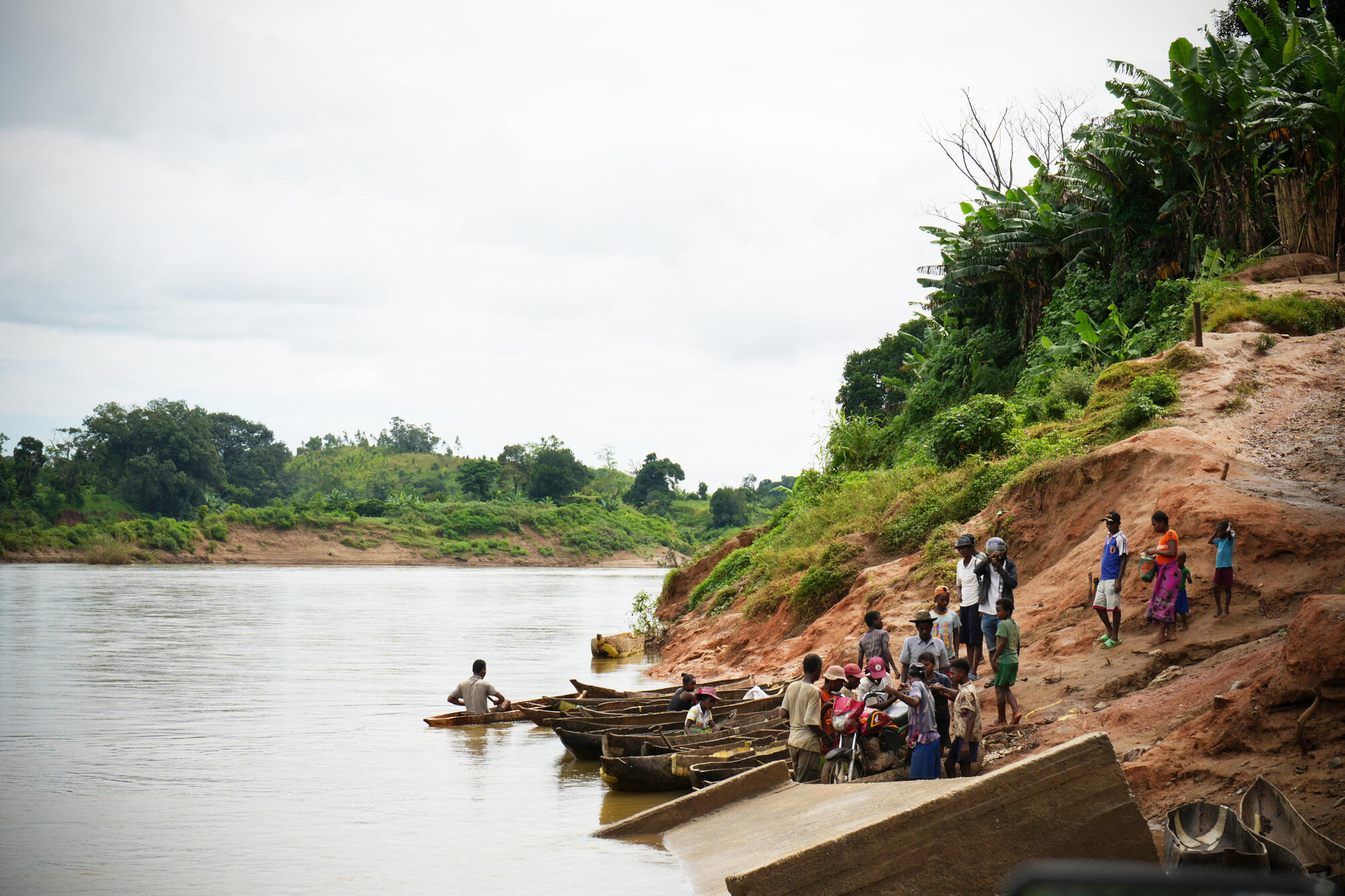The rainy season in Madagascar poses a significant challenge for accessing healthcare services, especially during the peak season for malaria from October to May. This can result in delayed medical care for many people, who only seek help when their health has significantly worsened. Malnourished children are particularly vulnerable during this time, as their lives are put at even greater risk.
In an Intensive Therapeutic Feeding Centre (ITFC) operated by MSF, Dr Nantenaina explains the difficulties faced by both healthcare workers and patients during the rainy season. Heavy rain can make roads muddy, flooded, and unusable, making it hard for people to travel to health centres or for medical professionals to provide care.
Soanary, a mother of a 4-year-old boy suffering from malnutrition and malaria, shares her experience of having to walk for four hours and cross through water with her son on her back to reach the nearest health centre after seeing his condition deteriorate.
Dr Nantenaina also highlights how remote areas like Ikongo make it even more challenging for families to access medical help. The distance between households and healthcare facilities is significant, which exacerbates the challenges faced during the rainy season.
Overall, the rainy season in Madagascar hinders healthcare access and poses a serious threat to those in need of medical assistance, particularly vulnerable populations like malnourished children. Efforts are needed to address these challenges and ensure that people can receive the care they require even during difficult weather conditions.


